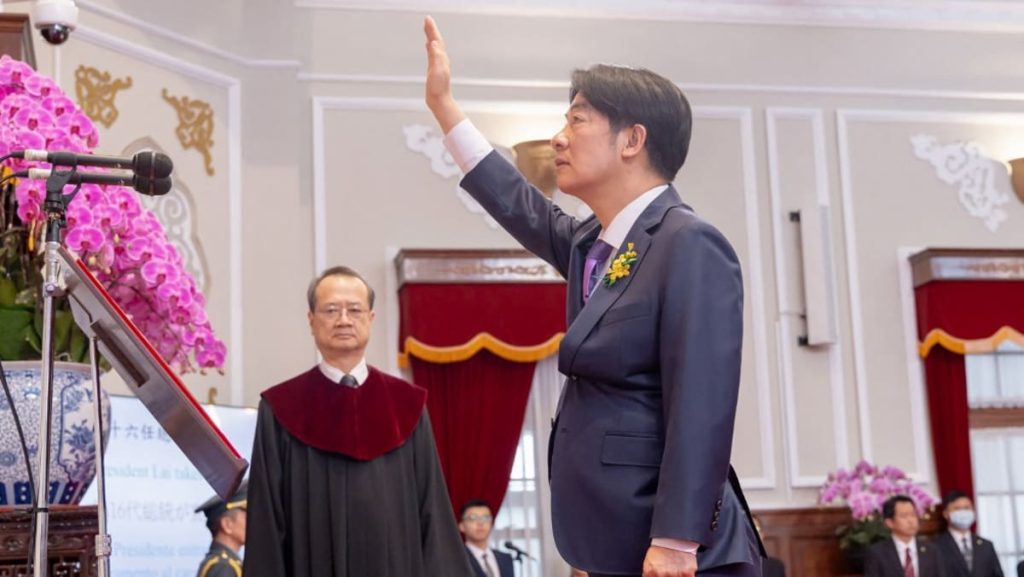Taipei, lacking diplomatic recognition on the world stage, has its own government, military, and currency. The majority of the 23 million population see themselves as having a distinct Taiwanese identity, separate from the Chinese. Following the footsteps of Tsai, the newly elected leader, Lai, is expected to boost defense spending and strengthen ties with key partners like the US. Beijing has opposed Taiwan independence, comparing it to water and fire, and has severed high-level communications with the island since Tsai took power in 2016. Despite Lai’s attempts to resume communications with China, experts believe they are likely to be rebuffed as China tries to balance its responses to the Democratic Progressive Party (DPP) and the opposition Kuomintang (KMT).
RAND Corporation’s Kuo, the director of its Taiwan Policy Initiative, highlights the delicate balancing act China faces in responding to Taiwan. China wants to deter Taiwan from declaring independence while also reaching out to the KMT, which historically has supported closer ties with China. Lai’s challenges within Taiwan are also significant, as his party lost its parliamentary majority in the recent election. Lawmakers have engaged in physical altercations over parliamentary reforms, indicating potential difficulties for Lai in pushing through his policies.
Despite facing domestic and international challenges, Lai is determined to strengthen Taiwan’s defense capabilities and forge closer ties with key allies like the US. The US has historically been a major weapons supplier to Taiwan, and Lai is expected to continue building on this partnership. However, Beijing’s opposition to Taiwan independence remains a significant obstacle to improving cross-strait relations. Lai’s attempts to resume high-level communications with China may face resistance, as China seeks to deter Taiwan from moving towards independence while also maintaining relations with the KMT.
The political landscape in Taiwan remains complex, with tensions between different parties and factions complicating efforts to advance policies and initiatives. Lai’s election as leader has prompted discussions about the future direction of Taiwan’s relationship with China, as well as its defense posture and international alliances. As Lai navigates these challenges, he will need to carefully balance domestic political considerations with the need to forge strong partnerships with key allies like the US. The coming months and years will be crucial in determining the trajectory of Taiwan’s relations with China and its role on the world stage.


